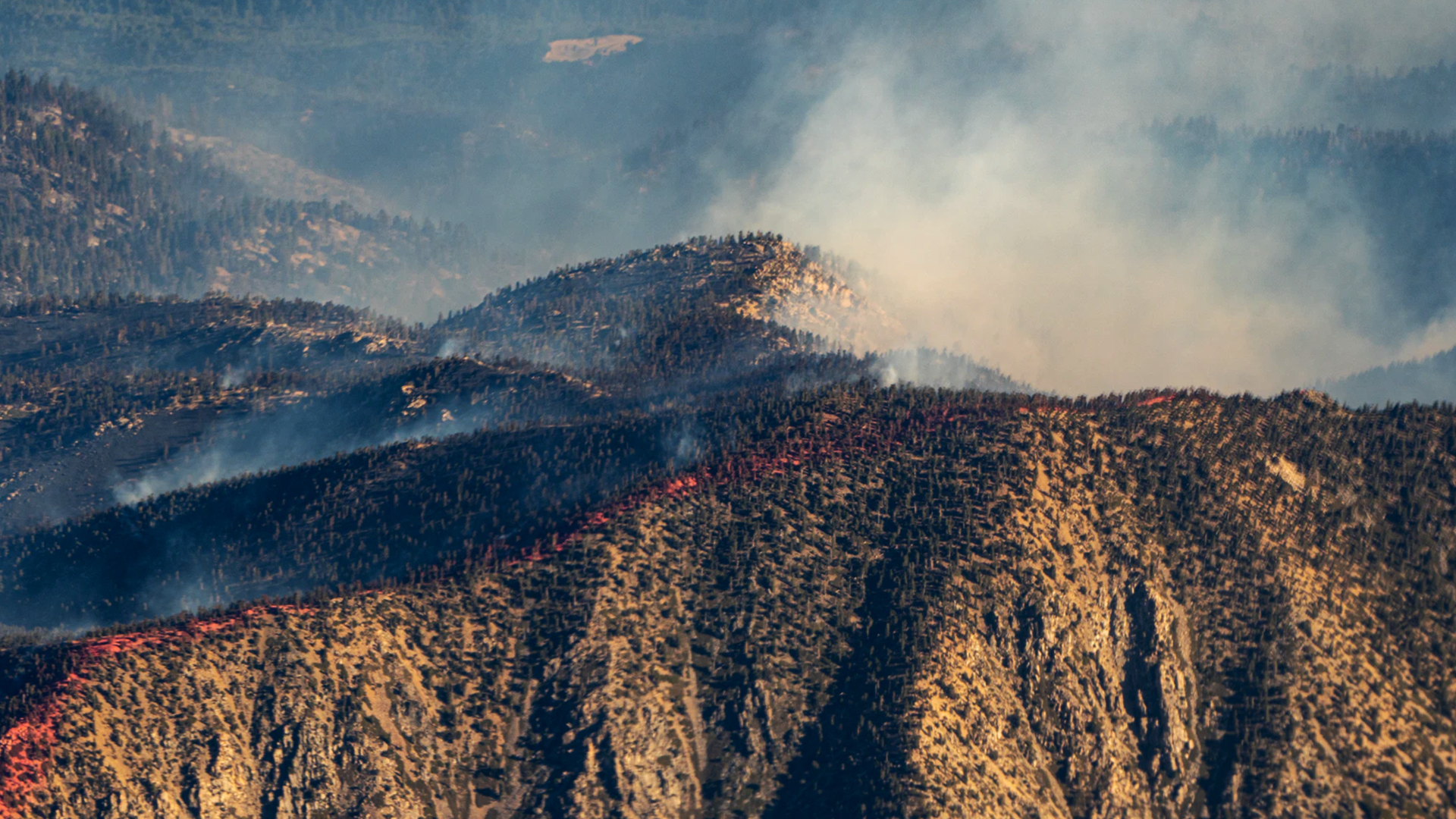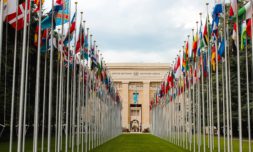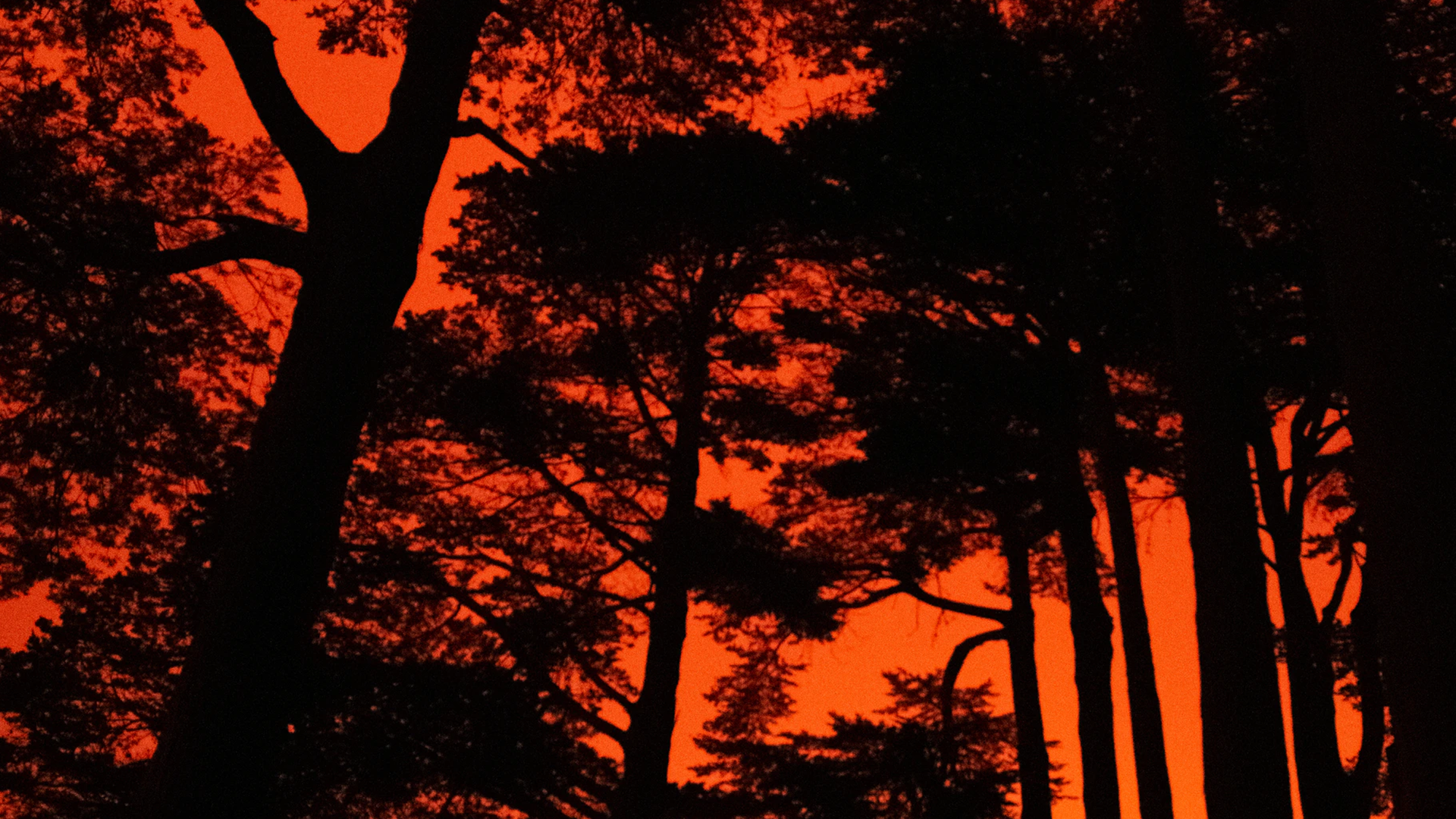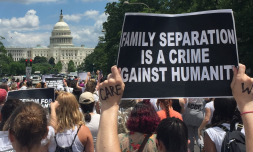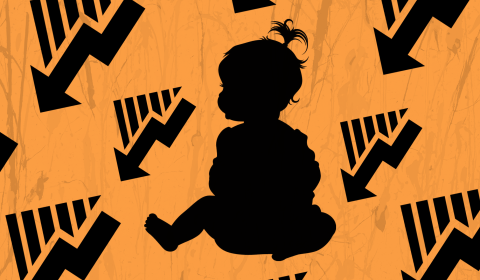In August 2020, Cheryl Isaacson lost her home to the CZU Lightning Complex fires. Months later, she tells Thred about the environmental and livelihood consequences of corporations abusing their power.
‘When we moved here, everyone said: ‘You’re never going to have a fire,’’ says Cheryl Isaacson, a 54-year-old Californian film director. ‘So when it did burn down our street, it was shocking.’
Isaacson wears wide, square glasses accentuating her eyes, and her silvery hair falls just below her ears, framing her sleepy face.
It’s 7.30 am where she is. With life picking up after Covid, she has plans to go rafting with her two daughters, son, and husband today. Her children are aged between 25 and 30, and all moved back home during the pandemic, which she says has been the only silver lining to Covid-19.
Last summer, Isaacson and her family lost their home to the CZU lightning complex fires. For years, her home, located in Brookdale, California, was protected from wildfires because of the natural suppression from the redwood trees and moist creek covering the area.
But unnatural fuel driven by climate change caught the Californian emergency services off guard. They were made to evacuate the place they’d called home for 15 years. ‘We had an hour.’

Brookdale is a small town of 1,900 people, and after being triggered by lightning, Isaacson’s home was one of the 1,000 structures that were completely wiped out by the CZU fires. ‘It’s horrible, intense, and hitting areas that have never had them before,’ she says of the Californian wildfires.
The film director, who grew up in the San Francisco Bay Area, tells me that in her lifetime wildfire numbers have increased from one every five years to full-on annual fire seasons.
After moving into their home in 2006, they have witnessed a massive increase in droughts and torrential storms.
‘The pendulum swing was becoming more and more obvious every year,’ she says. ‘Summers with extreme temperatures that we’d never had. It felt like it was accelerating. It is accelerating. Like someone’s got their foot on the gas.’
Forest fires have been occurring in California for over a century, however, which means they aren’t a new phenomenon. Isaacson explains that fires are a natural part of the forest ecosystem, but campaigns such as Smokey Bear — the US’s longest-running public service announcement campaign for the dangers of unplanned human-caused wildfires — disregarded this completely.
Before the 1800s, Isaacson explains that Native Americans had a forest management system. ‘Then, we came in, clear-cut the old-growth, and allowed new growth to come back, suppressing the fire,’ she says.
The red trees that surrounded her family’s property were renowned for not burning. But because of unusually high temperatures, and invasive species like the bark beetle, the forest became increasingly more susceptible to fire.









